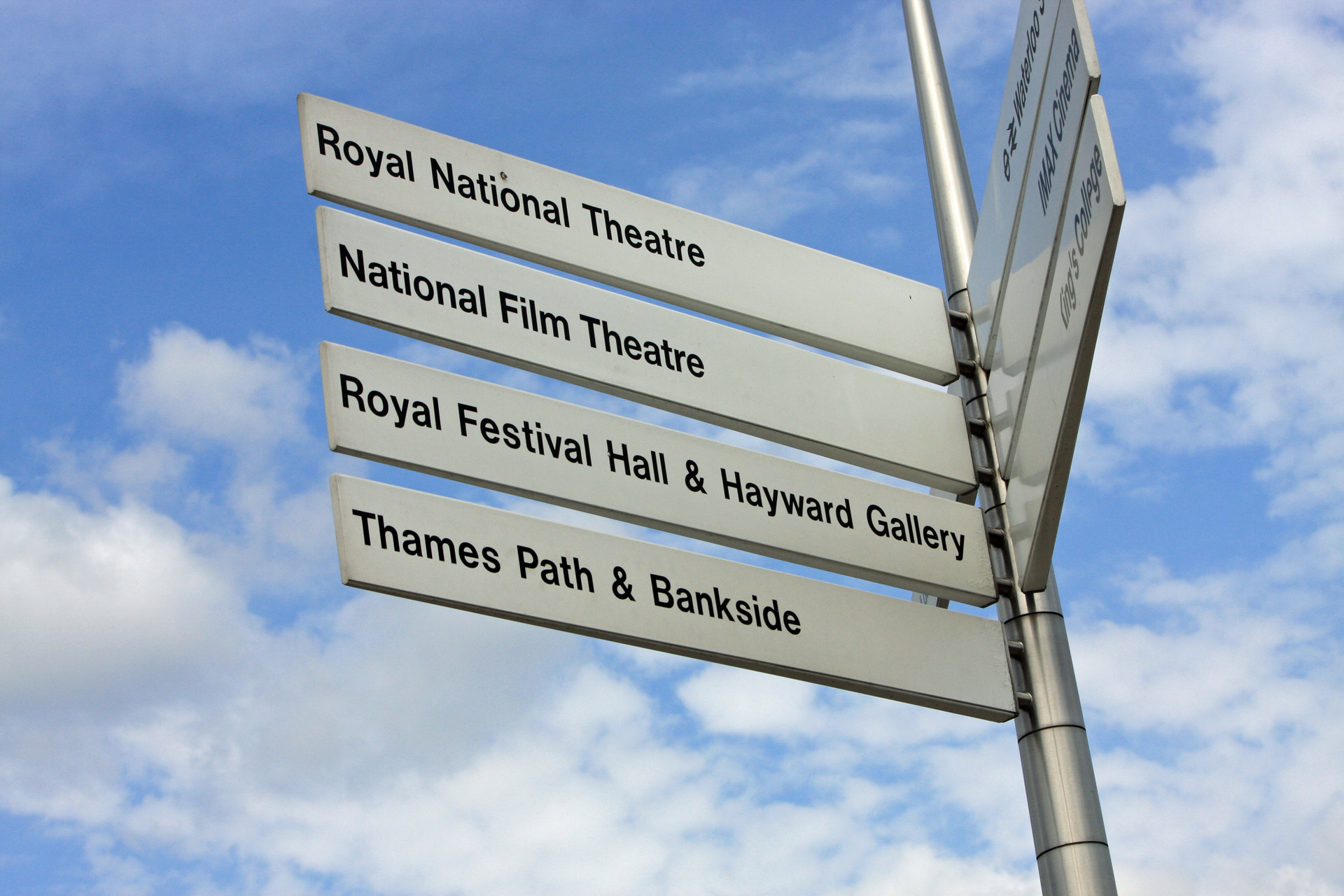
London Signpost Free Stock Photo Public Domain Pictures
I have been to London. (often) → Have you been to Boston? (ever) → He plays golf on Sundays. (sometimes) → The weather is bad in November. (always) → It rains in California. (never) → We have fish for dinner. (seldom) → She will see him. (rarely) → Peter doesn't get up before seven. (usually) → They do not play tennis on Sundays.

FilTower of London, Traitors Gate.jpg Wikipedia, den frie encyklopædi
What has happened is the Mayor of London and his team have got more involved over the weekend. And extra money has been found. Sources have told me it is in the region of £30m.
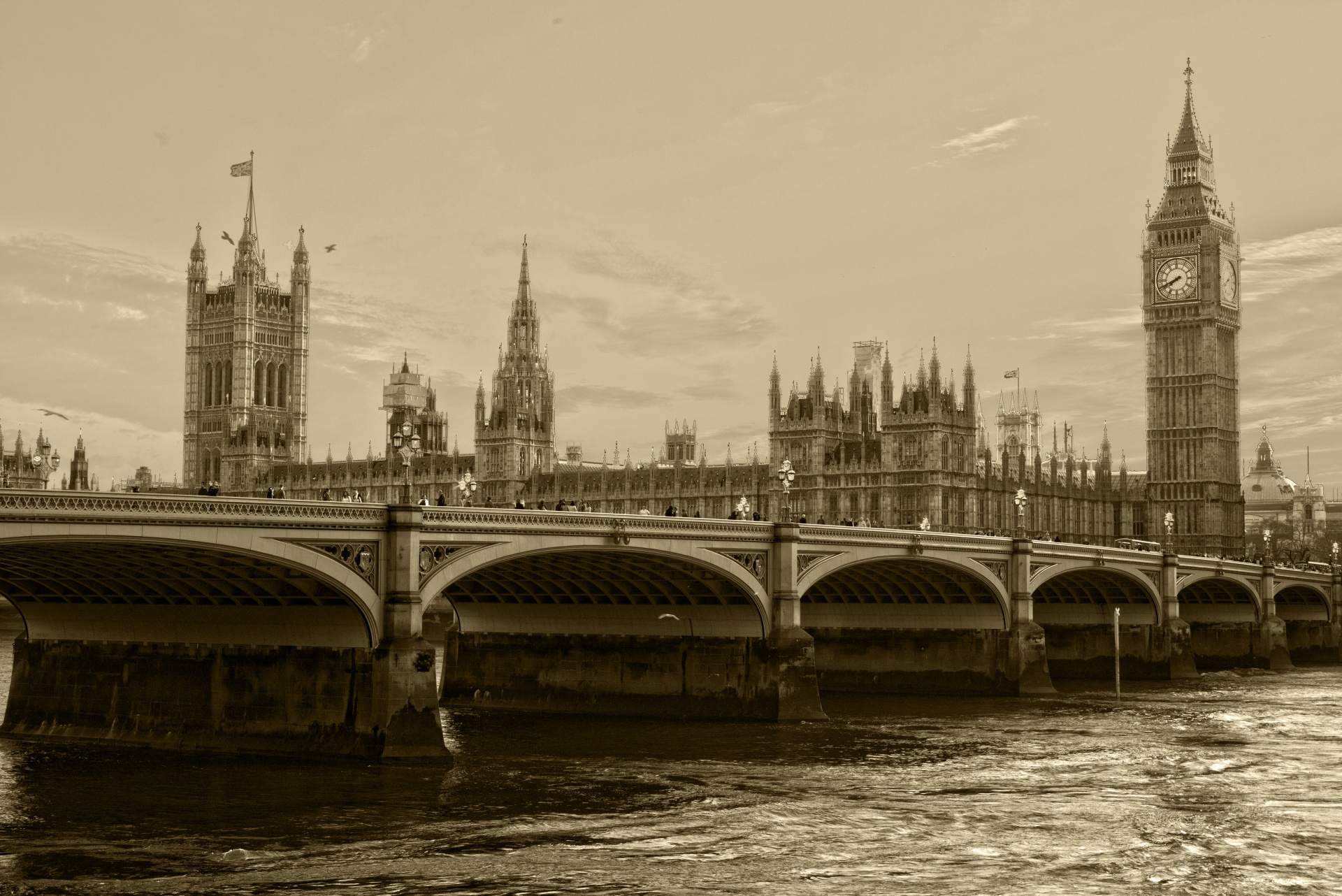
London Free Stock Photo Public Domain Pictures
A: Where is your sister Sam? B: She has gone to the market, she will be home soon. Note: As you can understand, we cannot use subject pronouns (I and We) with "gone to" as it wouldn't make sense to ask someone if he / she is somewhere else or in front of us. I have been to London. I have gone to London. ("I am in London."?) Been In
/family-on-tower-bridge-867291416-5acbb0eca9d4f9003604bcc2.jpg)
Places To Visit Around London For Free Photos
Compare Prices & Save Money with Tripadvisor (World's Largest Travel Website). Detailed reviews and recent photos. Know what to expect before you book.
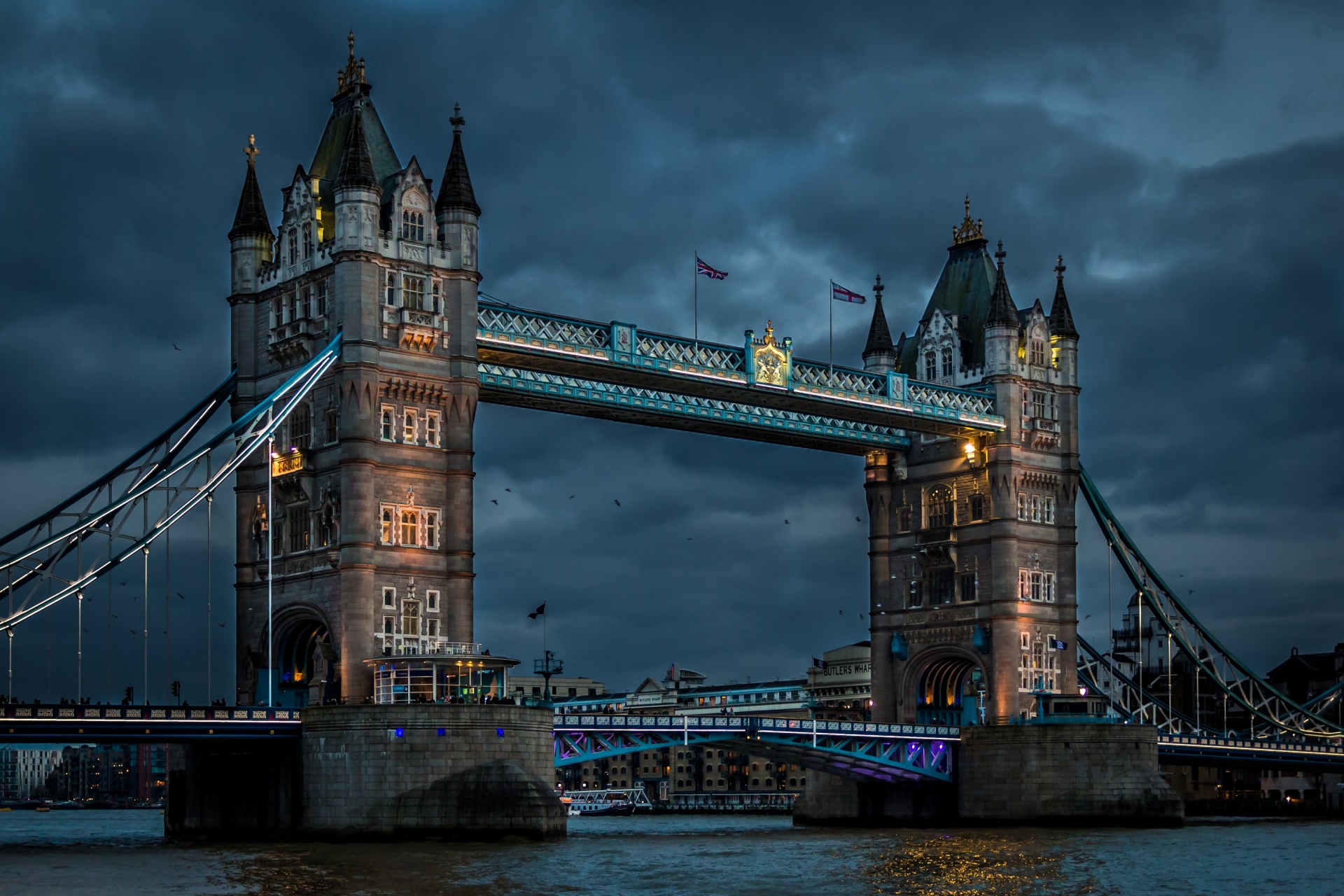
London Free Stock Photo Public Domain Pictures
Snow is being forecast for parts of the UK on Monday, with other areas being warned of potential flooding. BBC Weather said south-east England will likely see snow, sleet and rain later on. The.
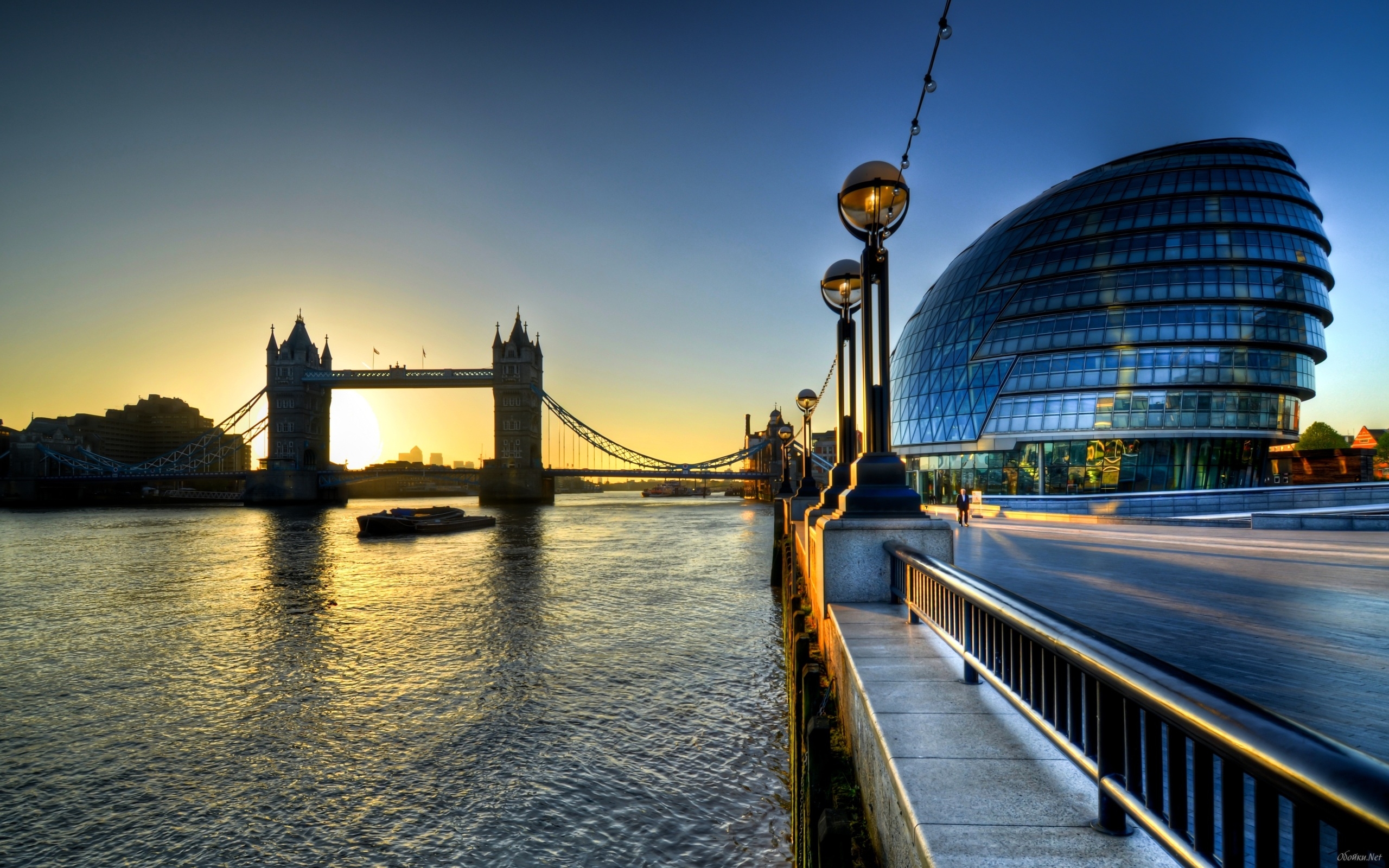
How To See the Sights of London in One Weekend ClickHowTo
The Present Perfect is formed with the auxiliary verb "have" + the past participle of the verb. This is usually formed with -ed on the end of the infinitive. For example: play - played, live - lived (There are also many irregular past participles. See this page for a list of the most common ones.)
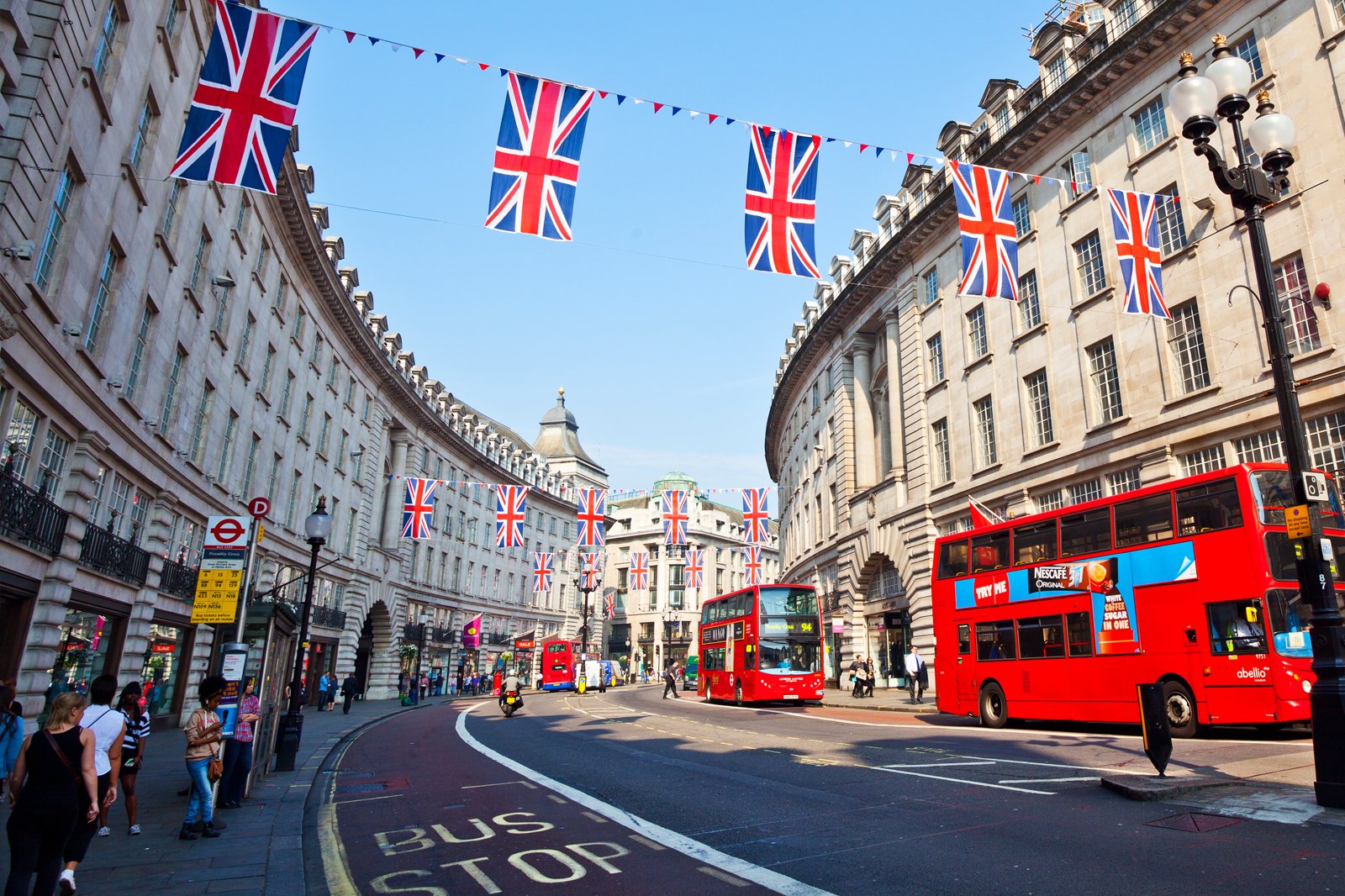
11 Mistakes People Make When Visiting London Things Not to Do in London on Your 1st Visit Go
I have been in London for 3 years (as in the title) means that after spending the said time in London you are still there, while the first sentence ( I have been to London) means you have an experience of visiting London (you are not there now). Share
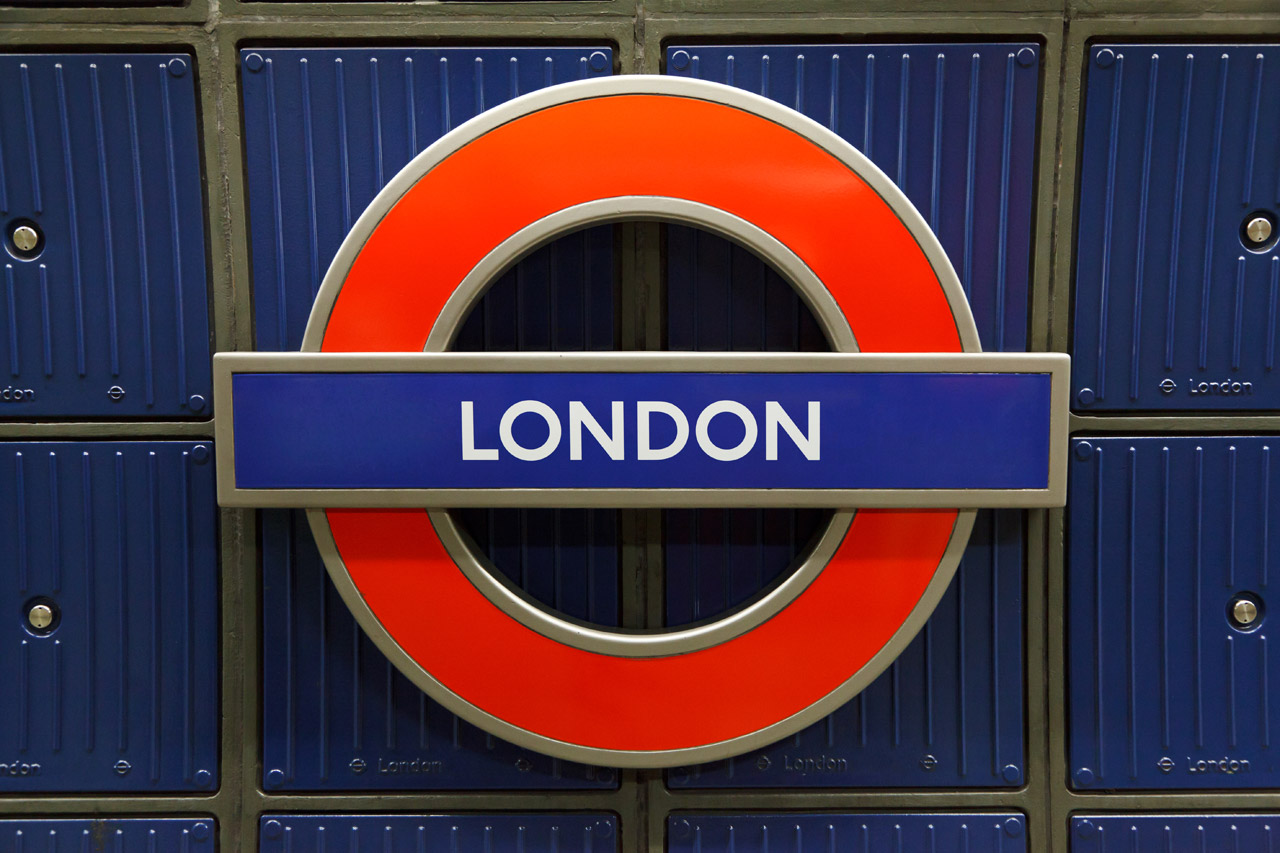
London Text Free Stock Photo Public Domain Pictures
Since "I have been" is the perfect tense of both "to be" and "to go" it simply depends if "I have been in London" is a reflex of "to go to London" or "to be in London".

thesproutlondon
2 I have been to London twice only. This is grammatical and idiomatic but somewhat rare. Normal syntax is either I have only been to London twice or I have been to London only twice. Because the word before is missing, there is no explicit implication that you are in London a third time when speaking or writing this sentence.
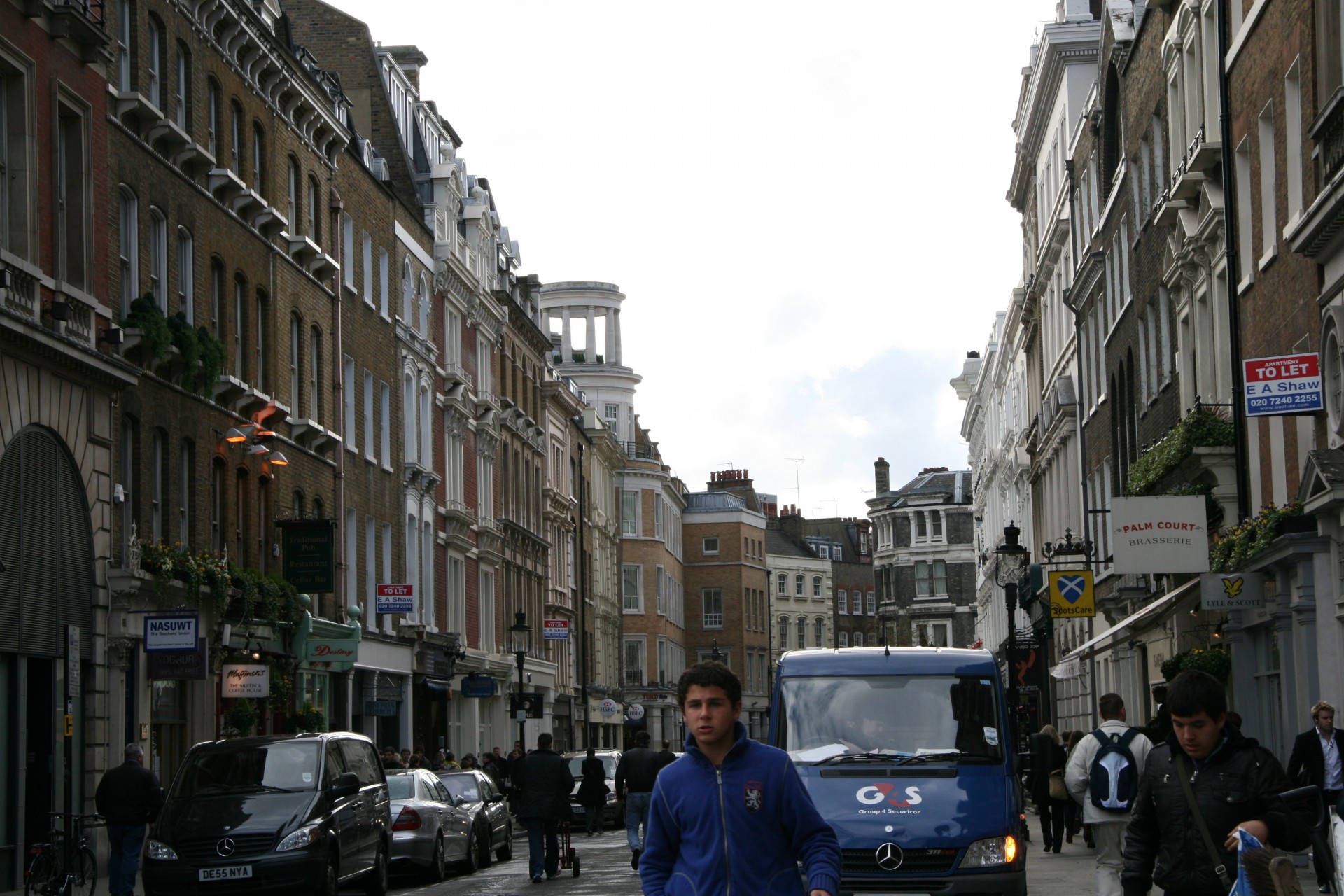
London Street Free Stock Photo Public Domain Pictures
Has / have gone to refers to someone who has gone to a place but has not yet returned. In other words, someone who has gone to Hawaii and is still in Hawaii having a good time. Here are some examples: He's gone to the bank. He should be back soon. Where has Tom gone to? They've gone to the business conference for the week.

BEEN London Recycled Leather Bags Slow Fashion Brand
Many people (quite rightly) want to tick off some of the big boys as soon as they arrive in London: "Hyde Park. Tower Bridge. Piccadilly Circus" says Marina without missing a beat — and who can.
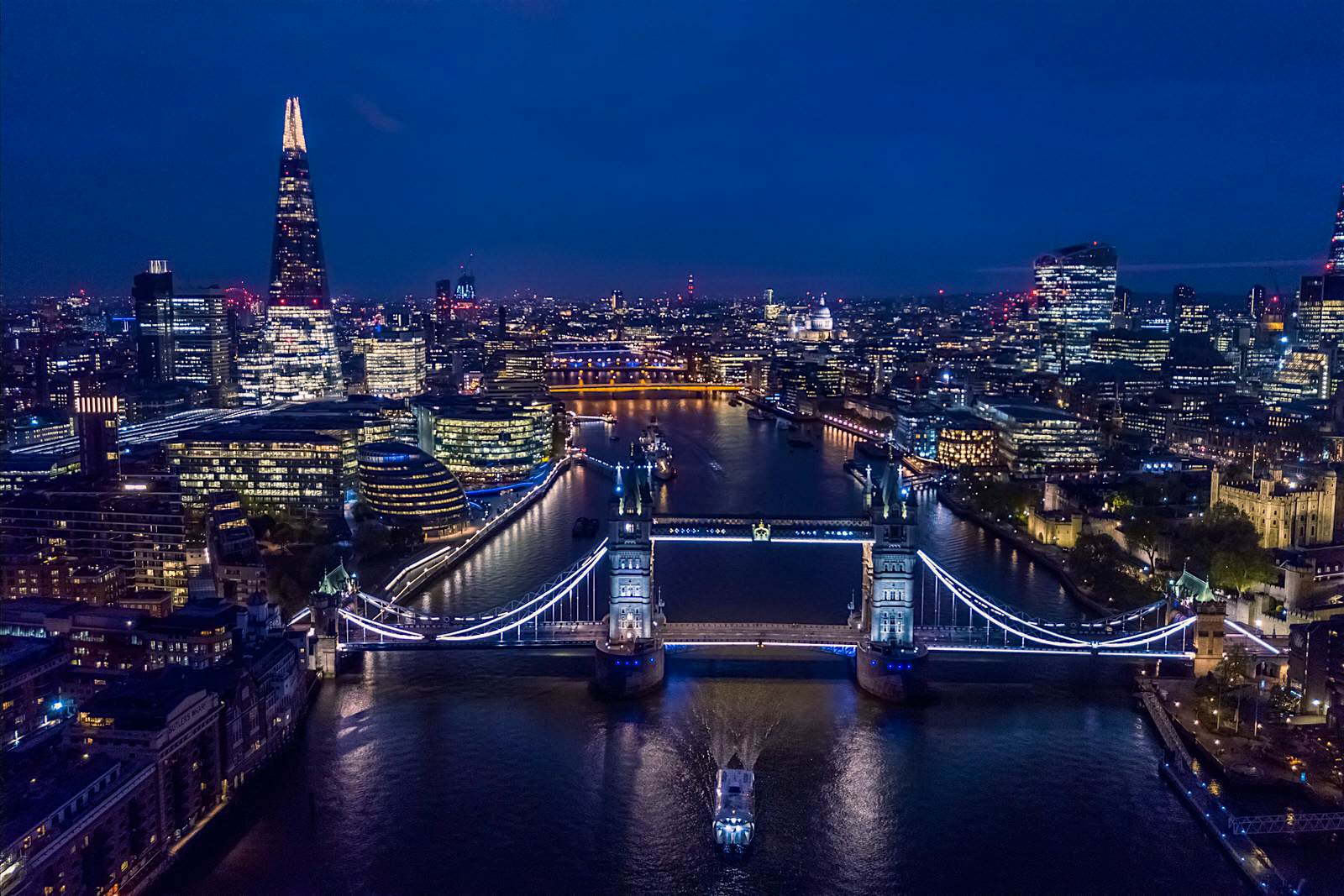
London through the ages architectural insights into the capital's history Lonely
(a) Have you ever been to London? (b) Have you ever been in London? A friend asked me the difference between the two. Initially I thought (a) was the.
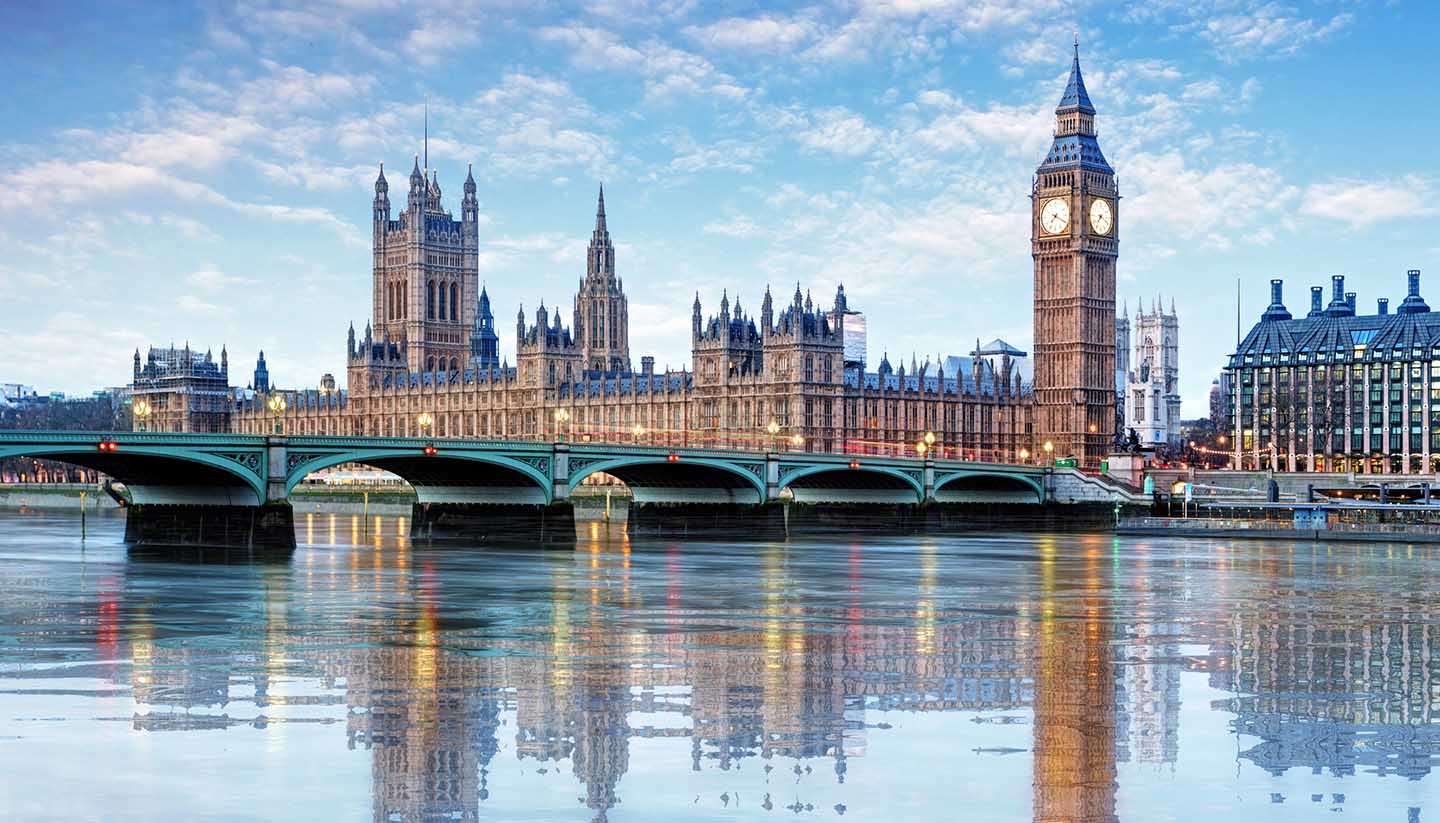
ImpelFeed Top 10 Best Places to visit in London
have been TO London / IN London? Emil100 Jan 31, 2011 E Emil100 Senior Member Denmark, Danish Jan 31, 2011 #1 Hello, I hope someone could tell me which of the following two expressions is correct gramatically: 1) I have been to London 2) I have been in London Thanks timpeac Senior Member England English (England) Jan 31, 2011 #2 Emil100 said:

Free Images london, england, united kingdom, place, architecture, tower bridge 5865x3910
1. "I have been to London." is correct and means that you have visited London in the past but are no longer there now. 2. "I have been in London." is correct if someone asks you "Where have you been?" but "in London" is usually accompanied with an adverb indicating a duration of time. So for instance, "I have been in London for a month now."

Photograph by andyvortexsg Places to travel, England and scotland, England
A yellow weather warning for London and the south east has been issued by the Met Office as the first snow of 2024 and ice arrives in the UK. People have woken to snow-dusted roofs, icy roads and.
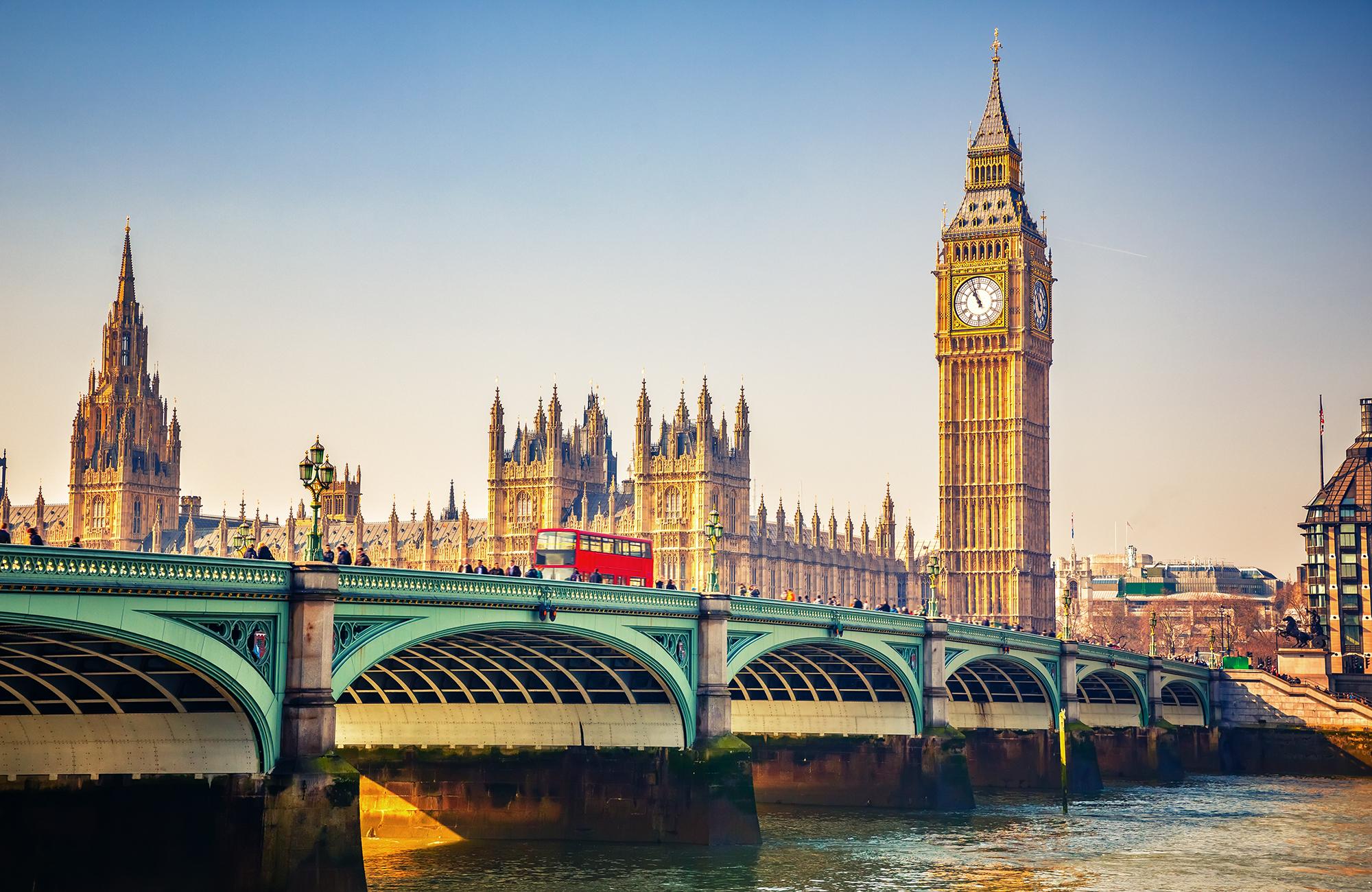
25 Ultimate Things to Do in London Fodors Travel Guide
Parts of Europe are experiencing an extreme start to the new year's weather. As some countries struggle with devastating floods, others have been plunged into extreme cold, causing chaos.
